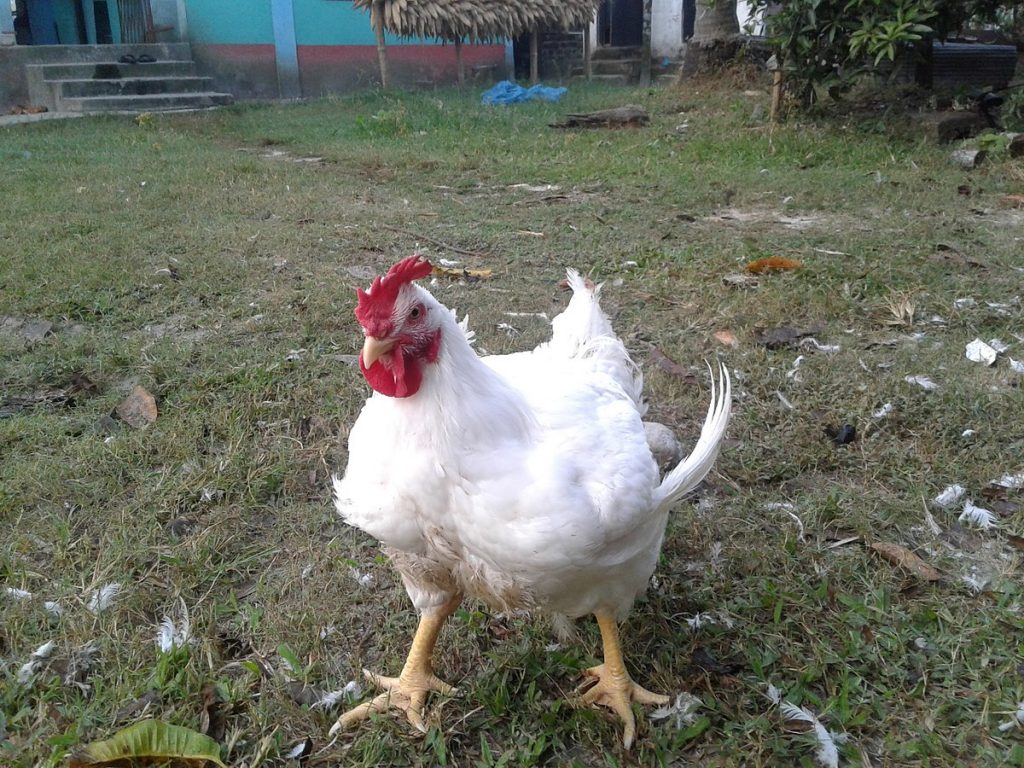
The authors of a 2019 paper on a lethal type of poultry virus in Asia have retracted the article because of problems with the data collection. But the researchers stand by their findings, which, they say, suggest the pathogen could be harmful to humans.
The paper, titled “Novel orthobunyavirus causing severe kidney disease in broiler chickens, Malaysia, 2014-2017,” appeared in Emerging Infectious Diseases, a publication of the U.S. Centers for Disease Control and Prevention.
The authors were affiliated with Ceva-Phylaxia Veterinary Biologicals Co. Ltd., and the Hungarian Academy of Sciences, both in Budapest. The lead author was Vilmos Palya, a prominent veterinary scientist.
According to the abstract of the article:
During 2014–2017, we isolated a novel orthobunyavirus from broiler chickens with severe kidney lesions in the state of Kedah, Malaysia; we named the virus Kedah fatal kidney syndrome virus (KFKSV). Affected chickens became listless and diarrheic before dying suddenly. Necropsies detected pale and swollen kidneys with signs of gout, enlarged and fragile livers, and pale hearts. Experimental infection of broiler chickens with KFKSV reproduced the disease and pathologic conditions observed in the field, fulfilling the Koch’s postulates. Gene sequencing indicated high nucleotide identities between KFKSV isolates (99%) and moderate nucleotide identities with the orthobunyavirus Umbre virus in the large (78%), medium (77%), and small (86%) genomic segments. KFKSV may be pathogenic for other host species, including humans.
But after publication, the researchers learned that, per the retraction notice:
We assert that research was performed in good faith, that all the experimental data contained in the article are well founded and scientifically valid, and that there was no scientific misconduct. However, we subsequently were made aware of further information about the epidemiologic and clinical observations made locally in Malaysia, which brings into question the geographic location where the noted virus originated. Thus, we request this article’s retraction.
And, according to the acknowledgments:
We are grateful to … to Ping Yin Kuan for her diligence and commitment to collecting samples and outbreak history.
Krisztian Bányai, the last author of the paper, told us:
I cannot tell the whole story. The retraction was a painful step to me and to members of my research group.
Bányai referred us to Palya for further comment. He told us:
the information I got from Malaysia only indicated that the geographical location of the cases and the epidemiological data we put in the paper were not correct, therefore the General Director of Veterinary Services (DVS), Malaysia requested us to retract the paper. I have not been in position to investigate further the precise origin of the samples from which we detected the virus.
No other article on this disease and the virus isolate we worked with has been published.
Like Retraction Watch? You can make a tax-deductible contribution to support our work, follow us on Twitter, like us on Facebook, add us to your RSS reader, or subscribe to our daily digest. If you find a retraction that’s not in our database, you can let us know here. For comments or feedback, email us at [email protected].